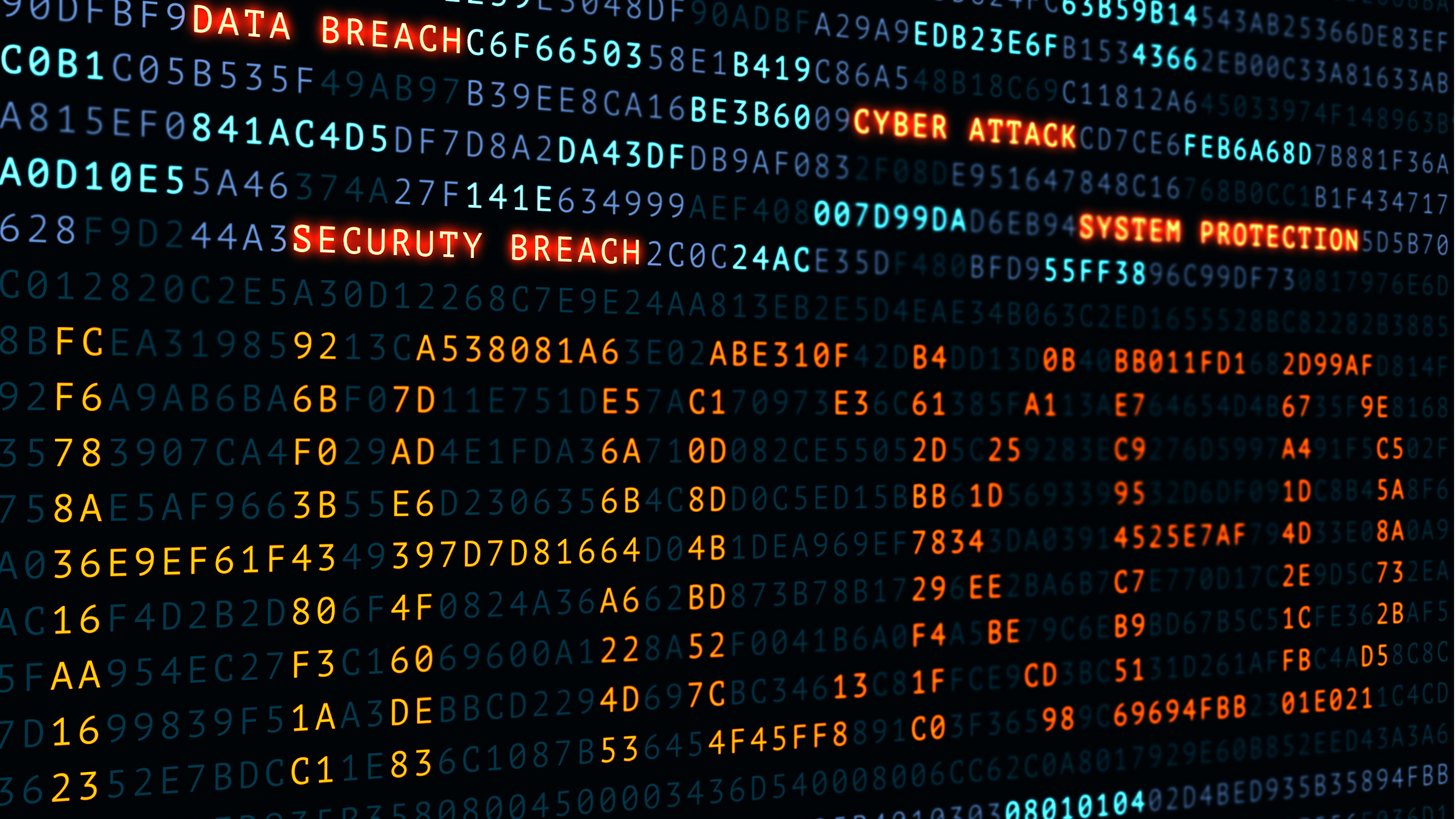North Korean hackers are targeting aerospace - Lazarus Group tricks employees into installing malware themselves
Notorious Lazarus group pioneering a new type of cyberattack

A famous cybercriminal group known for its links to the North Korean regime has continued its spree of recent attacks by targeting an unnamed Spanish aerospace company.
Lazarus, notably known for its 2017 WannaCry attack, have been adapting and evolving their methods of attack.
This latest attack is a variant of its ‘Dream Job’ campaign which recently targeted Amazon employees.
Malware disguised as a coding challenge
Employees were approached by what appeared to be recruiters from Meta through LinkedIn, who were looking for individuals to complete a coding challenge to demonstrate their capabilities.
Rather than launching the coding challenge, the files instead installed malware most likely intended to steal aerospace data, according to ESET researchers. Aerospace data has long been a target of North Korean hackers and theory behind this is its use in North Korean nuclear missile programmes. Part of the malware included Lazarus’ latest backdoor software, LightlessCan, which is built upon the group's work with their previous payload, BlindingCan.
“The most worrying aspect of the attack is the new type of payload, LightlessCan, a complex and possibly evolving tool that exhibits a high level of sophistication in its design and operation, representing a significant advancement in malicious capabilities compared to its predecessor, BlindingCan.” the ESET reporter stated.
“The attackers can now significantly limit the execution traces of their favorite Windows command line programs that are heavily used in their post-compromise activity. This maneuver has far-reaching implications, impacting the effectiveness of both real-time monitoring solutions and of post-mortem digital forensic tools.”
Sign up to the TechRadar Pro newsletter to get all the top news, opinion, features and guidance your business needs to succeed!
Via The Register
More from TechRadar Pro
- Got a virus? Here is the best malware removal software
- This devious phishing campaign uses Indeed.com job searches to target Microsoft 365 accounts
- Read our list of the best firewall software

Benedict has been with TechRadar Pro for over two years, and has specialized in writing about cybersecurity, threat intelligence, and B2B security solutions. His coverage explores the critical areas of national security, including state-sponsored threat actors, APT groups, critical infrastructure, and social engineering.
Benedict holds an MA (Distinction) in Security, Intelligence, and Diplomacy from the Centre for Security and Intelligence Studies at the University of Buckingham, providing him with a strong academic foundation for his reporting on geopolitics, threat intelligence, and cyber-warfare.
Prior to his postgraduate studies, Benedict earned a BA in Politics with Journalism, providing him with the skills to translate complex political and security issues into comprehensible copy.